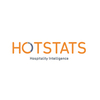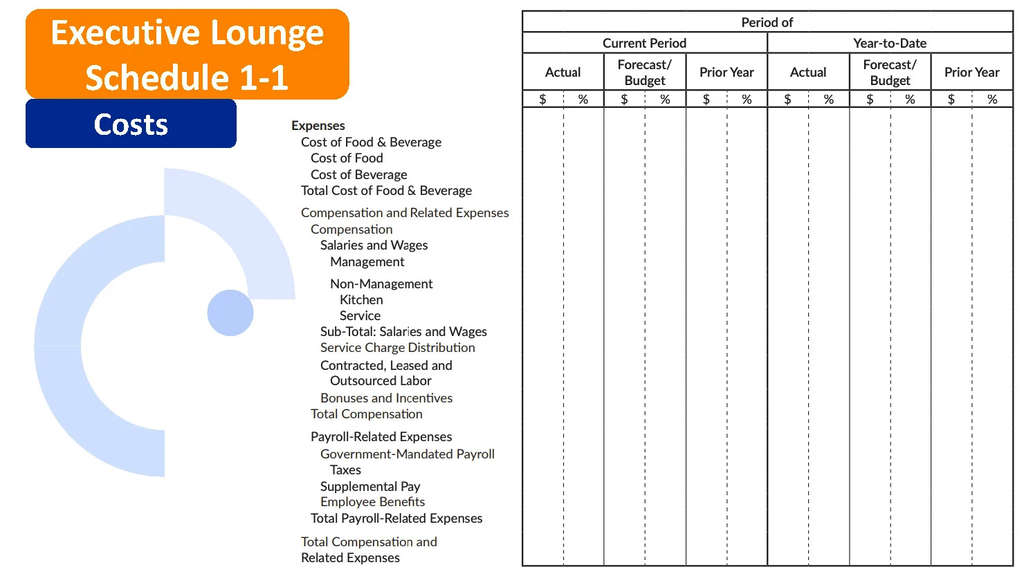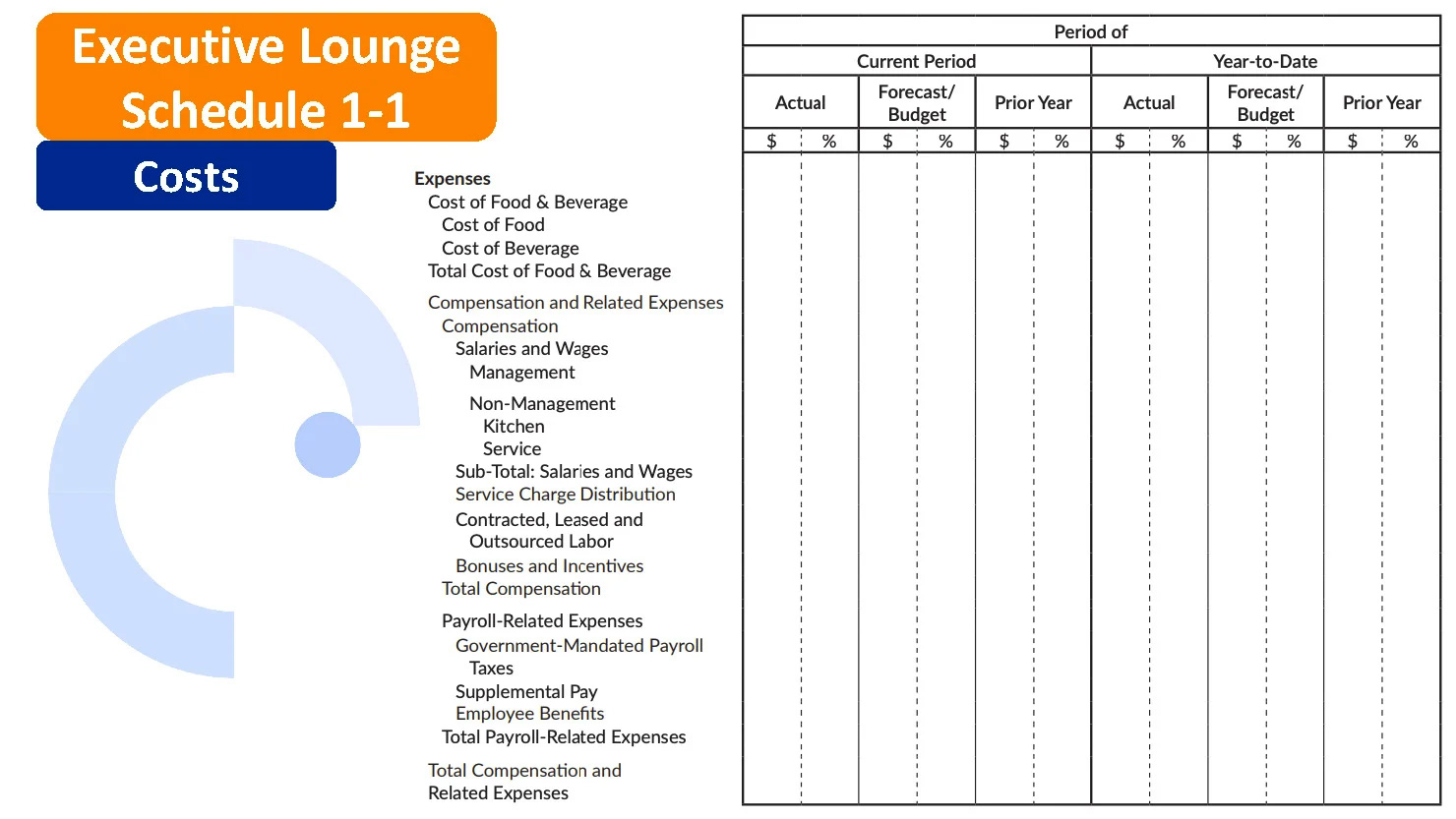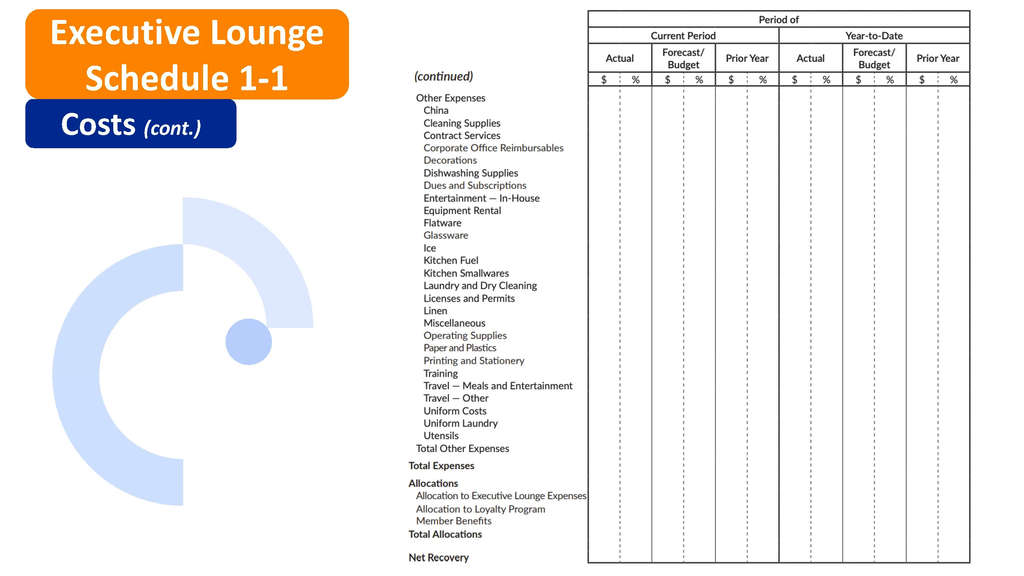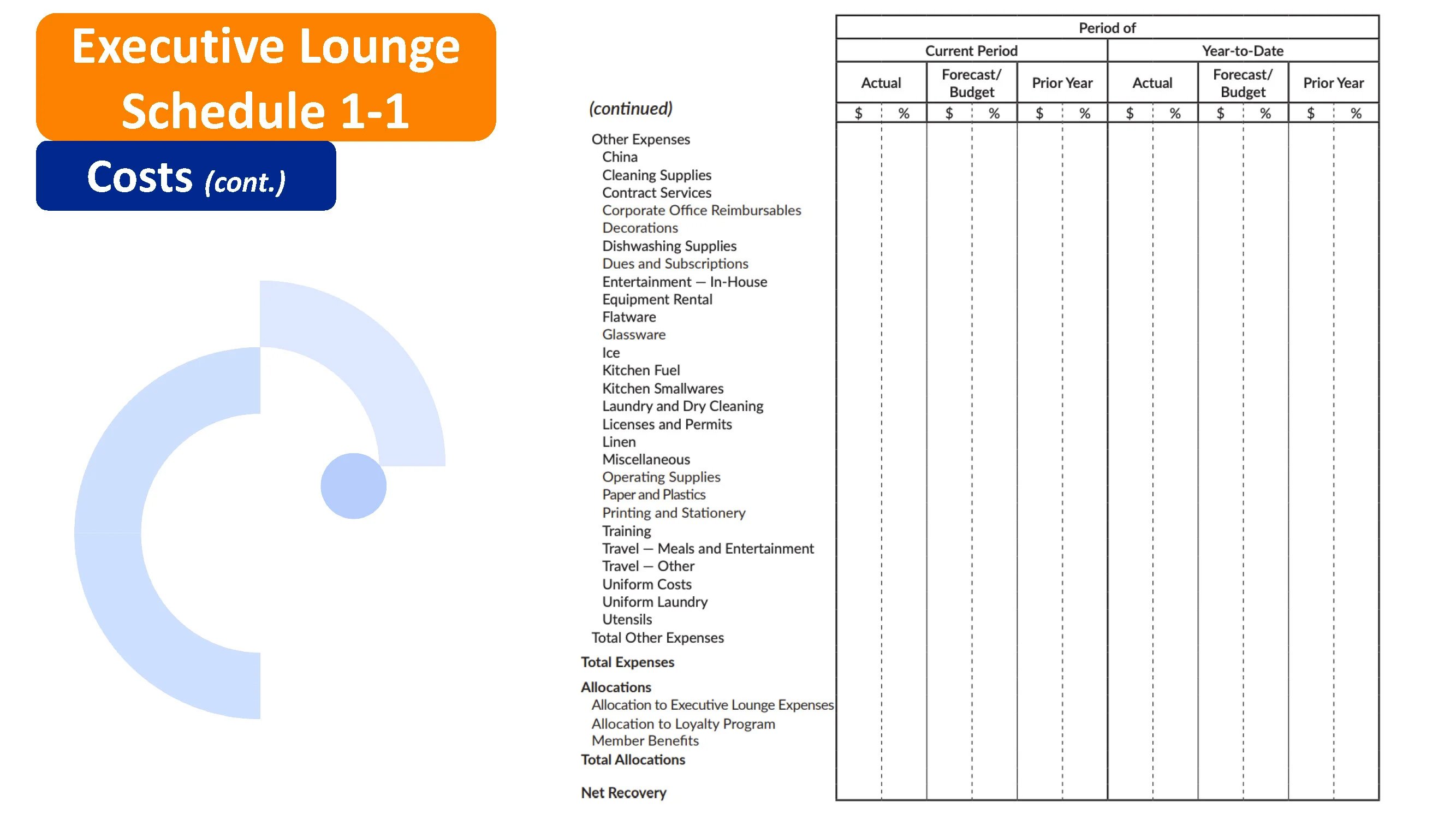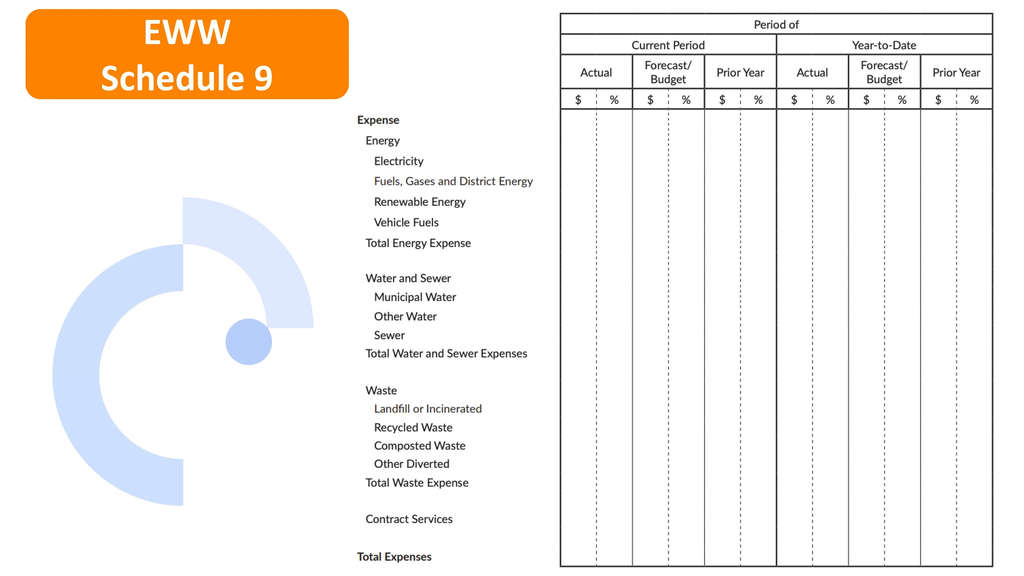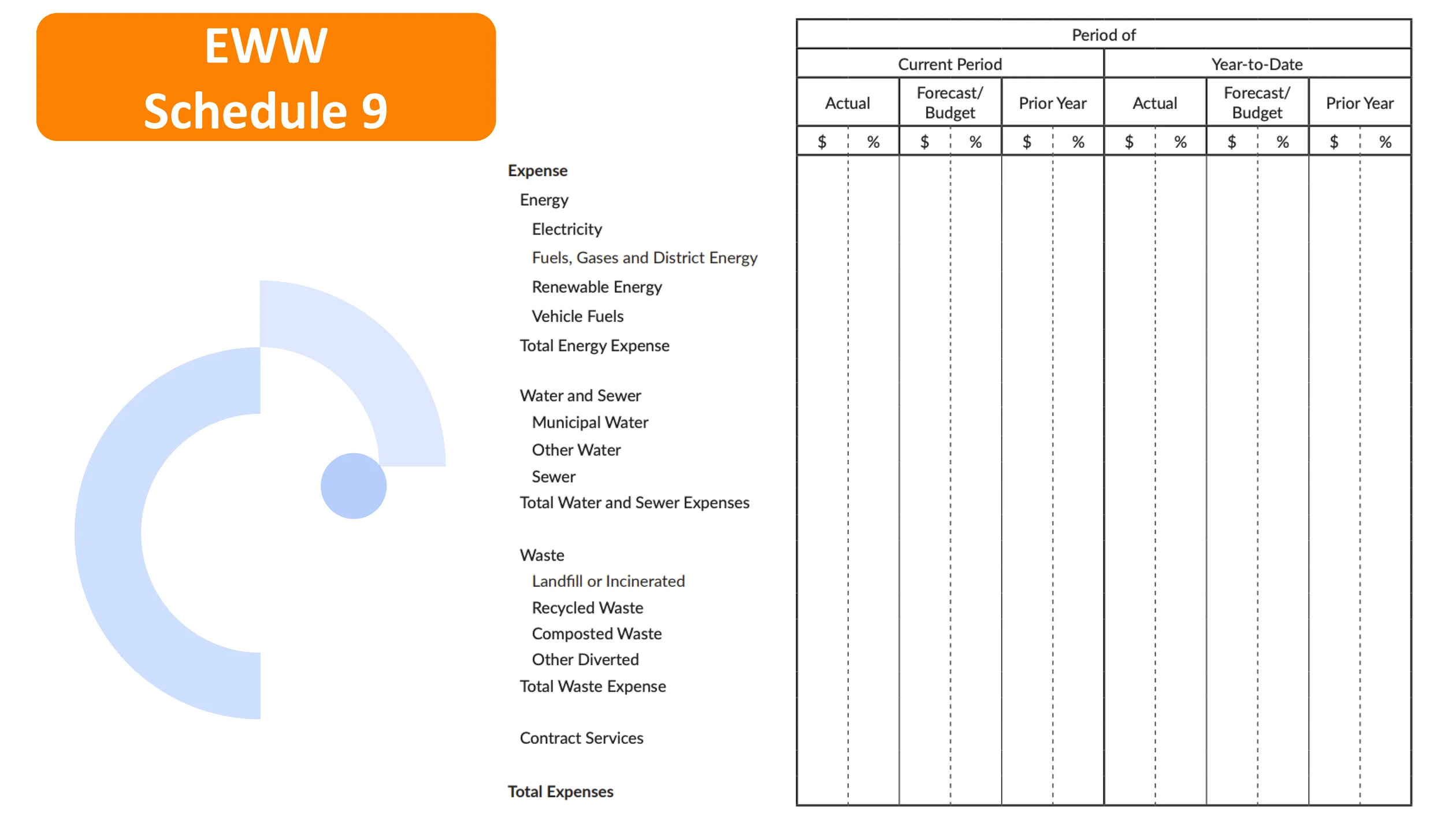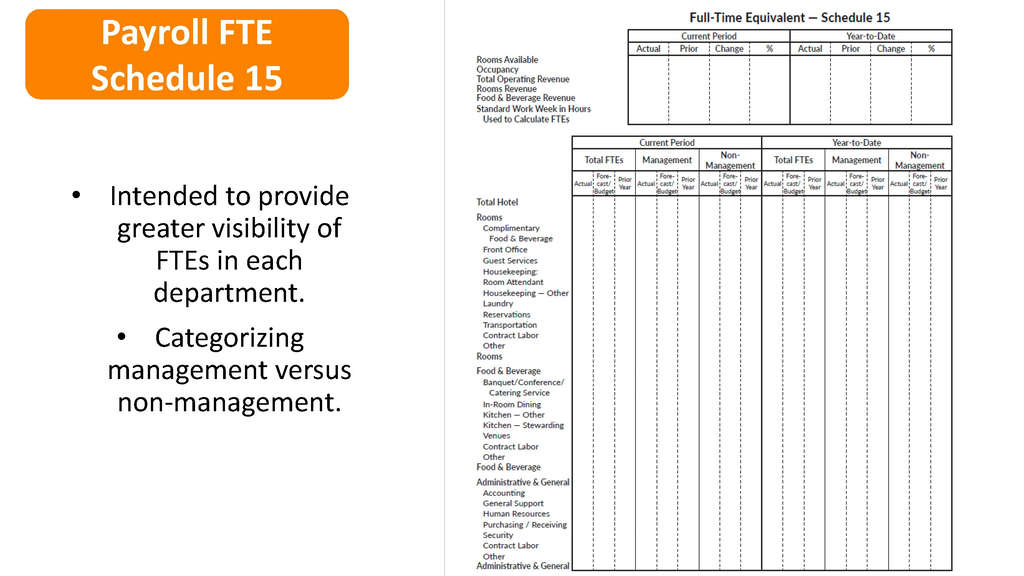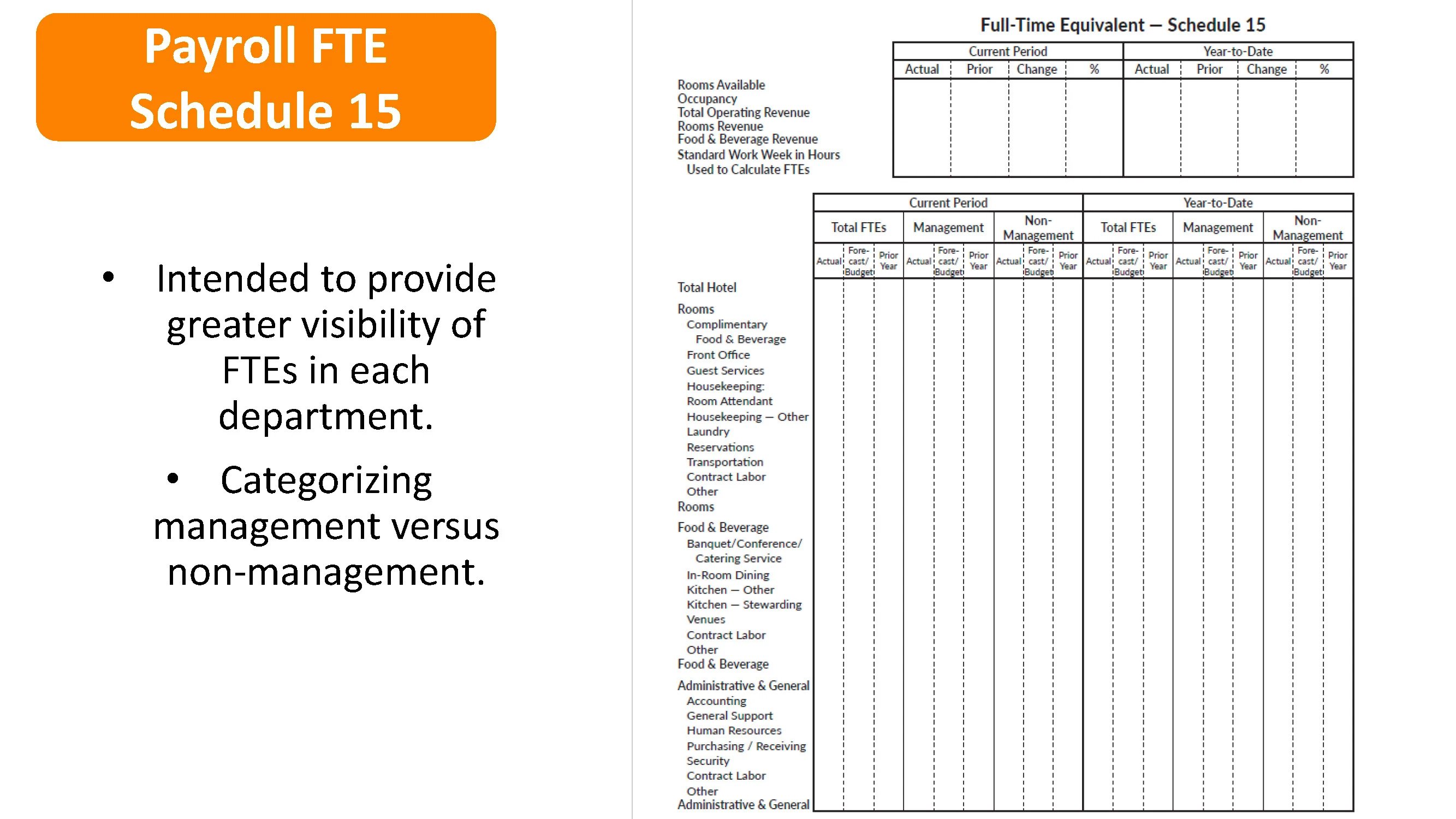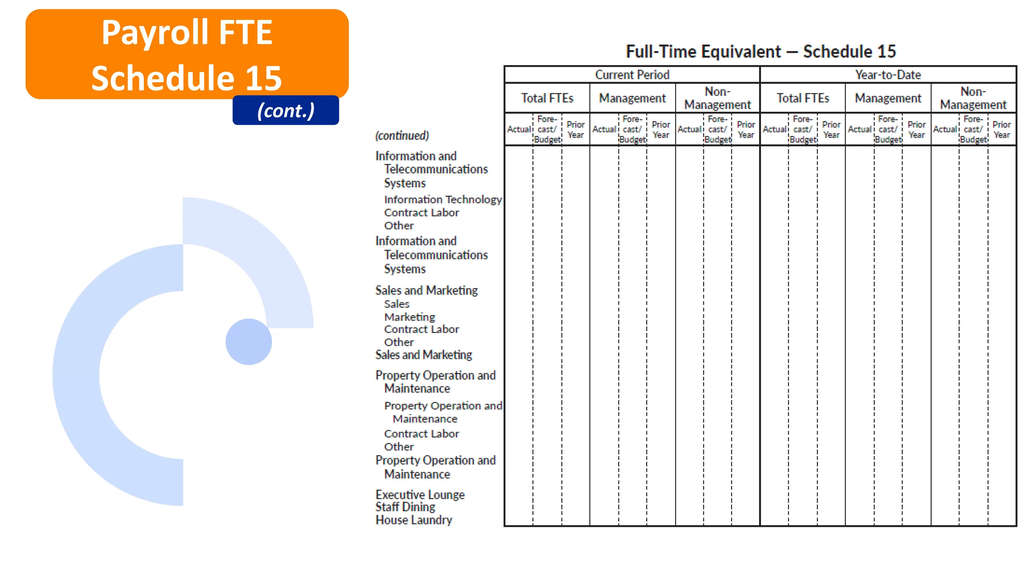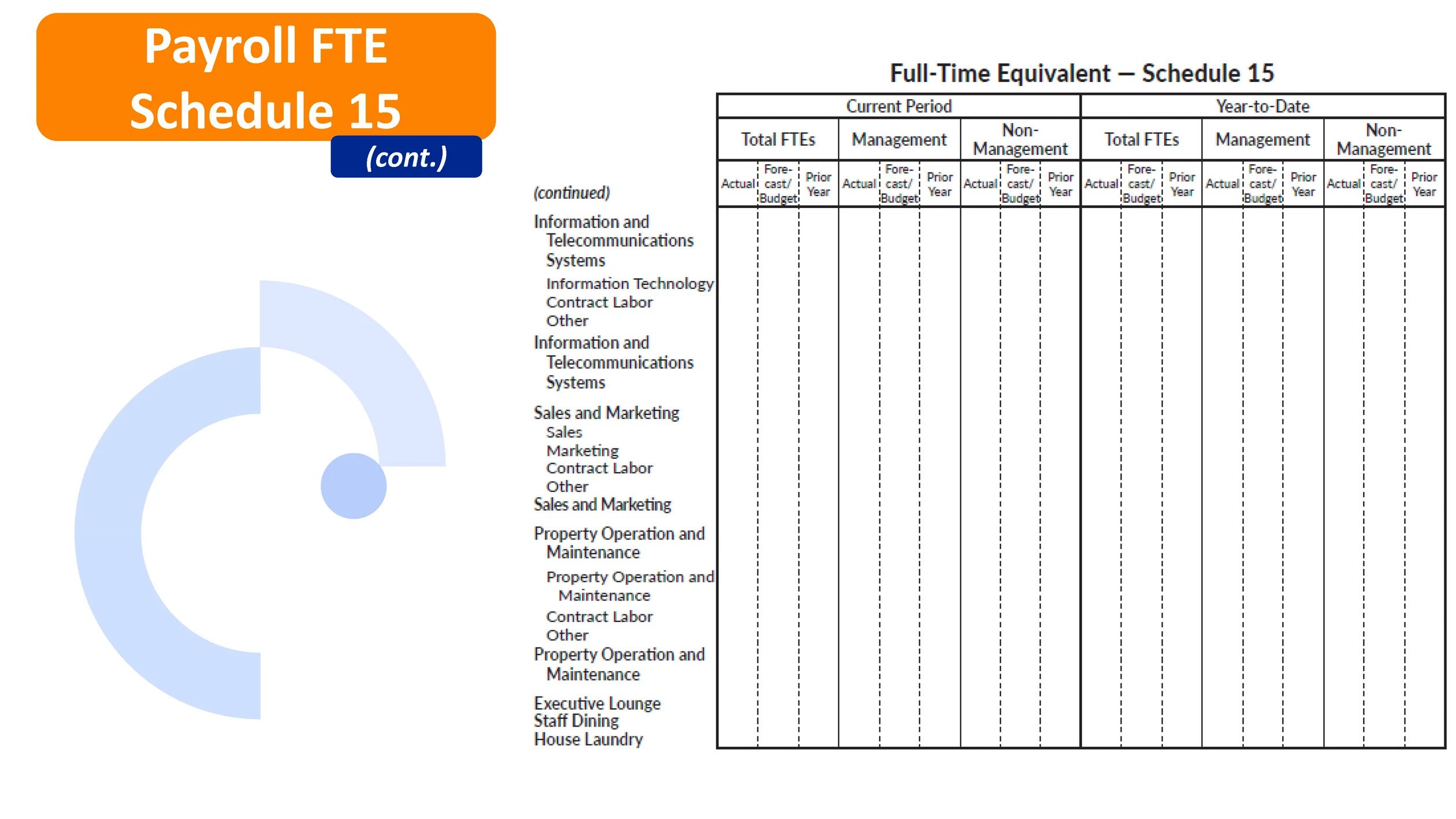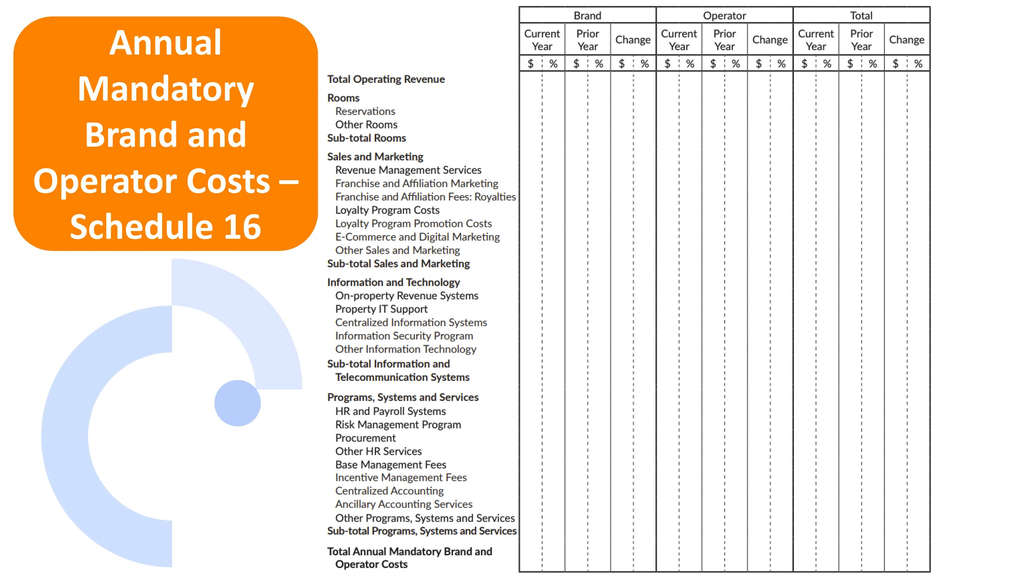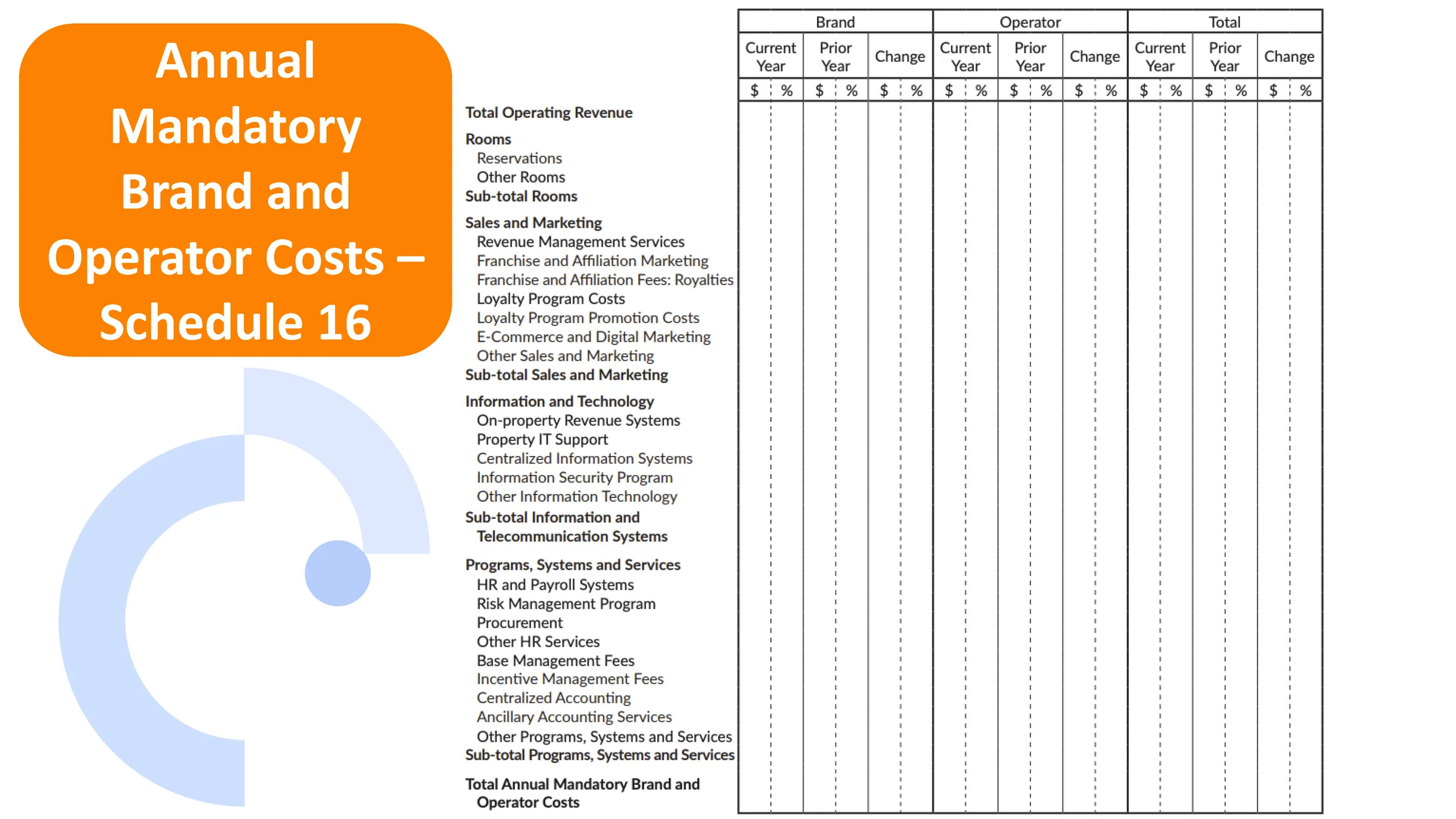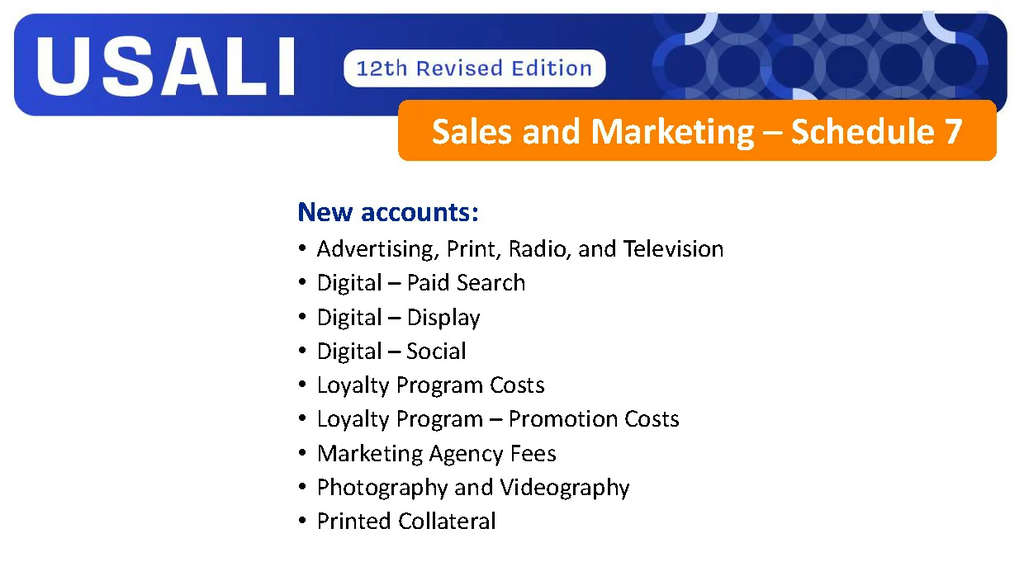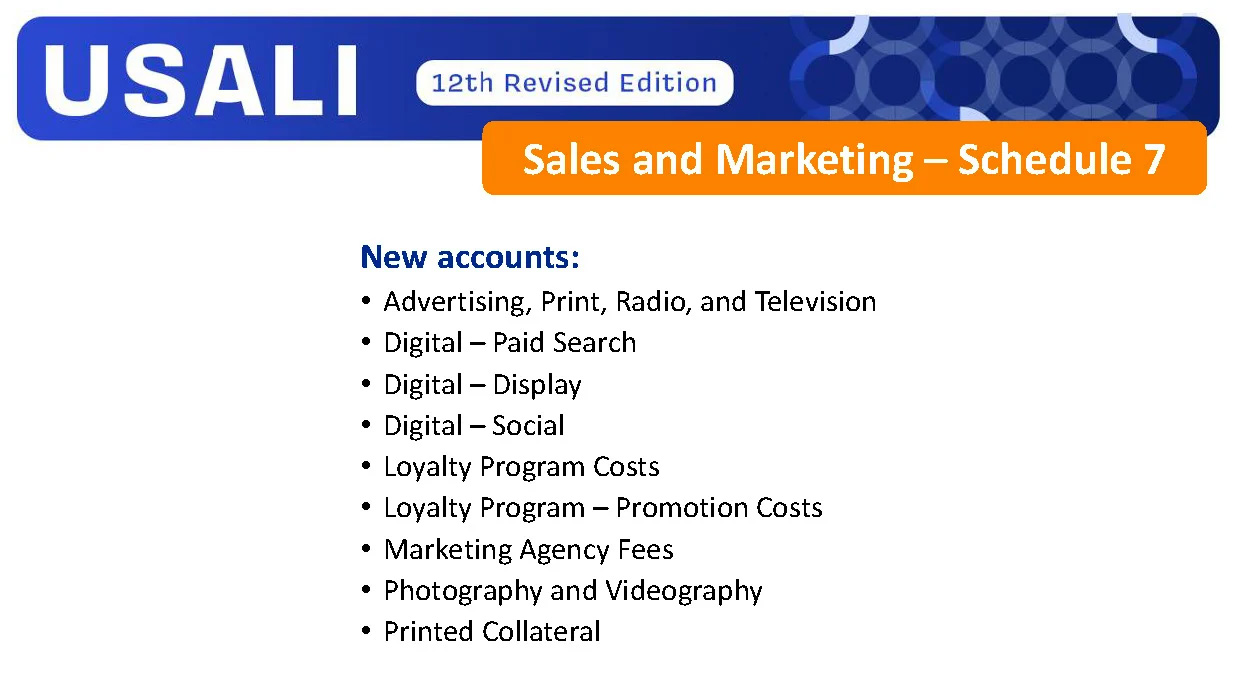Hotel Financials: Key Changes in USALI 12th Edition
USALI 12th Edition: Significant Revisions Overview
The 12th revised edition of the Uniform System of Accounts for the Lodging Industry (USALI) fundamentally enhances the transparency of financial and operational aspects in the hospitality industry. To quote Sir Arthur Conan Doyle's iconic character Sherlock Holmes, “It is a capital mistake to theorize before one has data.” Embodying this wisdom, the updates in USALI provide a robust framework for data-driven decision-making and increased transparency, aligning closely with evolving business needs. These are thoughtful changes, designed to align with the shifting demands of the hospitality industry - these changes support the enhancement of customer experiences, the advancement of corporate sustainability programs, and the integration of digital marketing strategies, ensuring that each decision is backed by clear, actionable data.
Clear improvement in the revised USALI elaborates under the sections dealing with the management of the guest loyalty program. The edition categorizes the costs associated with these programs under various schedules, clearly delineating expenses such as member benefits and service recovery efforts. This, therefore, gives hotels a perfect way of accounting for costs that are incurred in running loyalty programs – which play a key role in ensuring customer retention and content.
The treatment of management of Executive Lounge revenues and expenses (Figures 1 and 2) is more refined. This includes a better allocation of operating expenses to the guests who pay for access to these premium spaces. In so doing, the new edition ensures a more precise reflection of streams of income associated with the high-value services offered within hotels.
Both corporate travel planners and individual travelers are increasingly inquiring about the measures hotels are taking to reduce their carbon footprint. This growing concern reflects a significant shift towards more environmentally responsible travel practices. Hence, environmental sustainability has also been a huge focus of the revised USALI, representing a broader industry shift towards eco-friendly operations. It requires detailed cost and consumption metrics related to the environment, such as energy, water, and waste metrics, given in Schedule 9 (Figure 3), which is solely and specifically designed for the purpose. It helps hotels better manage their resources, but it also addresses stakeholders' demands for more transparency regarding how they are coping with and minimizing the burden their facilities impose on the environment.
On operational changes, the revision updates the financial reporting standards with new metrics, clarifying annual mandatory costs (Schedule 16 – Figures 5 and 6) related to brand or operator requirements. It is intended to provide greater visibility of costs required by a brand or operator and includes non-negotiable costs for mandatory programs, systems, and services. This standardization across the industry allows for more benchmarking and comparison; this means the hotelier can better gauge their performance against peers and industry standards.
A whole new section will be added on All-Inclusive Properties. All-Inclusive (AI) guidance is aligned with the conceptual framework used for EP Hotels. In the AI operating model, all charges are bundled into a fixed package rate covering accommodation, dining, and entertainment. EP hotels, on the other hand, provide room-only rates with the flexibility for guests to opt for additional services individually or as part of a package. The AI guidance applies to hotels with AI package revenue exceeding 50% of total revenue over a three-year period or for newly established hotels projecting similar revenue proportions. For hotels falling below this threshold, existing EP guidelines are followed. Distinctions are made in the treatment of service charges between AI and EP establishments.
Significant changes have also been implemented, particularly in the Revenue and Expense Guide. While the guide will still be available in print format, it will also be accessible online, offering enhanced convenience through a searchable platform. This dedicated online platform ensures that updates are made accessible and navigable so that industry stakeholders can easily find and put to use the information they need. HotStats will play a pivotal role in developing this platform.
Additionally, notable modifications include the introduction of new accounts in the sales and marketing section (Figure 7). Within the "other revenues," new categories have been emerging that now include specific expenses for print, radio, television, and a whole variety of digital channels - paid search, display, and social media - recognizing and adjusting to a new media environment for marketing and guest engagement.
In addition to the updates mentioned earlier, users will find valuable enhancements in the other reporting guide. This includes the introduction of a flowchart to assist users in determining the appropriate categorization for various expenses, addressing common concerns about allocation. Decision trees have been incorporated to provide clarity in decision-making processes. Furthermore, a new section has been added to address the impact of recent events such as the pandemic and natural disasters, focusing on grants, subsidies, and third-party hotel usage. Examples of lease accounting and embedded leases, reflecting recent regulatory changes, are now included. Users will also discover new metrics related to payroll, overtime, and spa operations, facilitating a more comprehensive analysis of financial performance, and supporting operational benchmarking initiatives.
Overall, the 12th revised edition of USALI raises the standards of operational and financial reporting and aligns them strategically with contemporary challenges facing practice in the hospitality industry today.
Adopting USALI is not merely about compliance, it's about embracing a tool that transforms everyday data into a roadmap for operational excellence. In the context of operational benchmarking, it ensures that each data point serves a strategic purpose, enabling hotels to excel in a competitive market,
says Dr. Agnes DeFranco, Professor, Conrad N. Hilton Distinguished Chair at the University of Houston and a member of the Global Finance Committee working on the revisions for the USALI 12th edition.
The USALI is a necessary guideline in operational benchmarking for the hospitality industry. Essentially, the USALI offers a standardized framework of accounting and financial reporting that presents the opportunity for all hotels and other lodging establishments to compare their operational performance against both industry norms and best practices. This kind of benchmarking is important for them to be able to identify areas of strength and pinpoint opportunities for improvement. For instance, the hotel managers would be able to assess the effectiveness of the operations regarding the loyalty programs given to guests and the management of the executive lounge since the expenses and revenues related to such have been categorized according to USALI. It shall allow them to compare their energy, water, and waste metrics against the equivalent kind and grade their practices in environmental sustainability. With the level of comparability brought about by the comprehensive and uniform reporting standards that USALI espouses, hotel operators are equipped to make informed decisions for driving competitive advantage and operational excellence. Thus, the changes in the 12th edition of USALI update not only its content but also solidify its place as a critical tool in the evolving hospitality industry landscape.
The soul of operational benchmarking lives in the capability of leveraging standardized data, especially through USALI, for comparability that can only shed accuracy on the comparisons made and give light to actionable insights. Otherwise, without such standardization, we are lost in the dark, guided by opinions rather than guided by facts. Tanya Venegas, HotStats Chief Experience Officer
For hospitality professionals aiming to excel, adopting the updated standards from the 12th revised edition of USALI is crucial. To further enhance your operational efficiency and benchmark your services against the best in the business, consider leveraging insights from HotStats, a global leader in hotel profitability analytics.
Explore these changes and access detailed performance data by signing up with HotStats. Embrace these tools today to drive competitive advantage and operational excellence in your establishment.
*The insights and details shared here were sourced from a comprehensive presentation by Dr. Agnes DeFranco, Professor, Conrad N. Hilton Distinguished Chair at the University of Houston, and a member of the Global Finance Committee working on the revisions for the USALI 12th revised edition. Dr. DeFranco’s presentation was delivered together with HotStats Chief Experience Officer Tanya Venegas during a recent webinar for members of the California Hotel & Lodging Association, providing valuable perspectives on the evolving financial standards in hospitality.
About HotStats
HotStats is a global data benchmarking company offering specialized performance analysis and a benchmarking tool that helps analyze financial and operational data from a diverse range of hotels globally. This provides hotel owners, operators, and investors with valuable insights into the financial performance of their properties against their competition – an invaluable resource for weighing options and evaluating investment opportunities. For a quick demo, email us at [email protected] or visit www.hotstats.com.
HotStats Limited
+44 (0) 20 7892 2241
HotStats Limited
